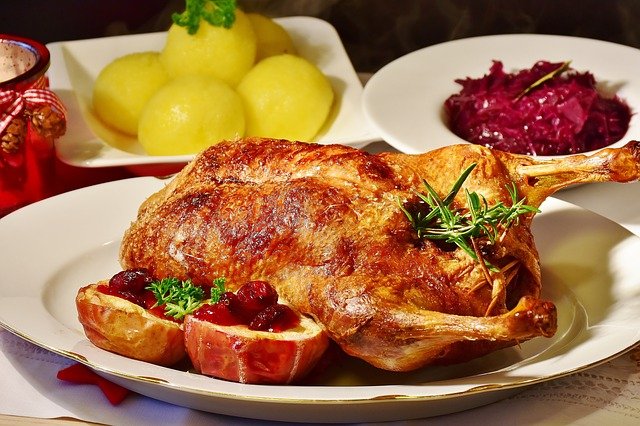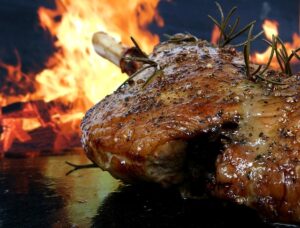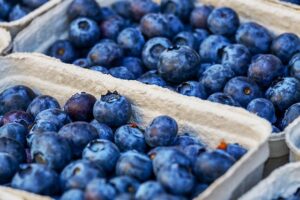Introduction
When it comes to the dietary needs of our feline friends, protein plays a crucial role. Cats are obligate carnivores, which means they require a diet primarily composed of animal-based proteins. In this article, we will explore the importance of protein in a cat’s diet and discuss how much protein a cat needs to stay healthy.
The Role of Protein in a Cat’s Diet
Protein is essential for cats as it provides the necessary amino acids for various bodily functions. Amino acids are the building blocks of protein and are vital for the growth, repair, and maintenance of tissues, organs, and muscles in cats. Protein also plays a significant role in the production of enzymes, hormones, and antibodies, which are essential for a cat’s overall health and immune system.
Unlike humans and some other animals, cats have specific dietary requirements for certain amino acids. For example, they require taurine, an amino acid found exclusively in animal tissues. Taurine deficiency in cats can lead to severe health issues, including heart problems and vision impairment. Therefore, it is crucial to provide cats with a diet rich in animal-based proteins to meet their unique nutritional needs.
How Much Protein Does a Cat Need?
The Association of American Feed Control Officials (AAFCO) recommends a minimum protein content of 26% on a dry matter basis for adult cats and 30% for growing kittens. However, it is important to note that these are minimum requirements, and individual cats may have different protein needs depending on factors such as age, activity level, and health condition.
Cats have a higher protein requirement compared to many other animals due to their unique metabolism. In the wild, cats consume prey that is high in protein, and their bodies have adapted to efficiently utilize and process this nutrient. Therefore, it is essential to provide cats with a diet that meets their high protein needs.
Sources of Protein for Cats
To ensure that your cat receives an adequate amount of protein, it is important to choose high-quality cat food that contains animal-based protein sources. Common protein sources in cat food include chicken, turkey, fish, and beef. These animal proteins provide the necessary amino acids that cats require for optimal health.
It is worth noting that not all proteins are created equal. The quality of the protein in cat food is crucial. High-quality protein sources contain a complete amino acid profile and are easily digestible for cats. Look for cat food that specifies the protein source and lists it as the primary ingredient.
Conclusion
Protein is an essential nutrient for cats, and it plays a vital role in their overall health and well-being. As obligate carnivores, cats require a diet that is rich in animal-based proteins to meet their unique nutritional needs. Providing your cat with a high-quality cat food that contains the necessary protein content will help ensure they receive the proper nutrition to thrive.
References
– American Association of Feed Control Officials (AAFCO): aafco.org
– National Research Council (NRC): nationalacademies.org/nrc
– Cornell University College of Veterinary Medicine: vet.cornell.edu
– The Humane Society of the United States: humanesociety.org













